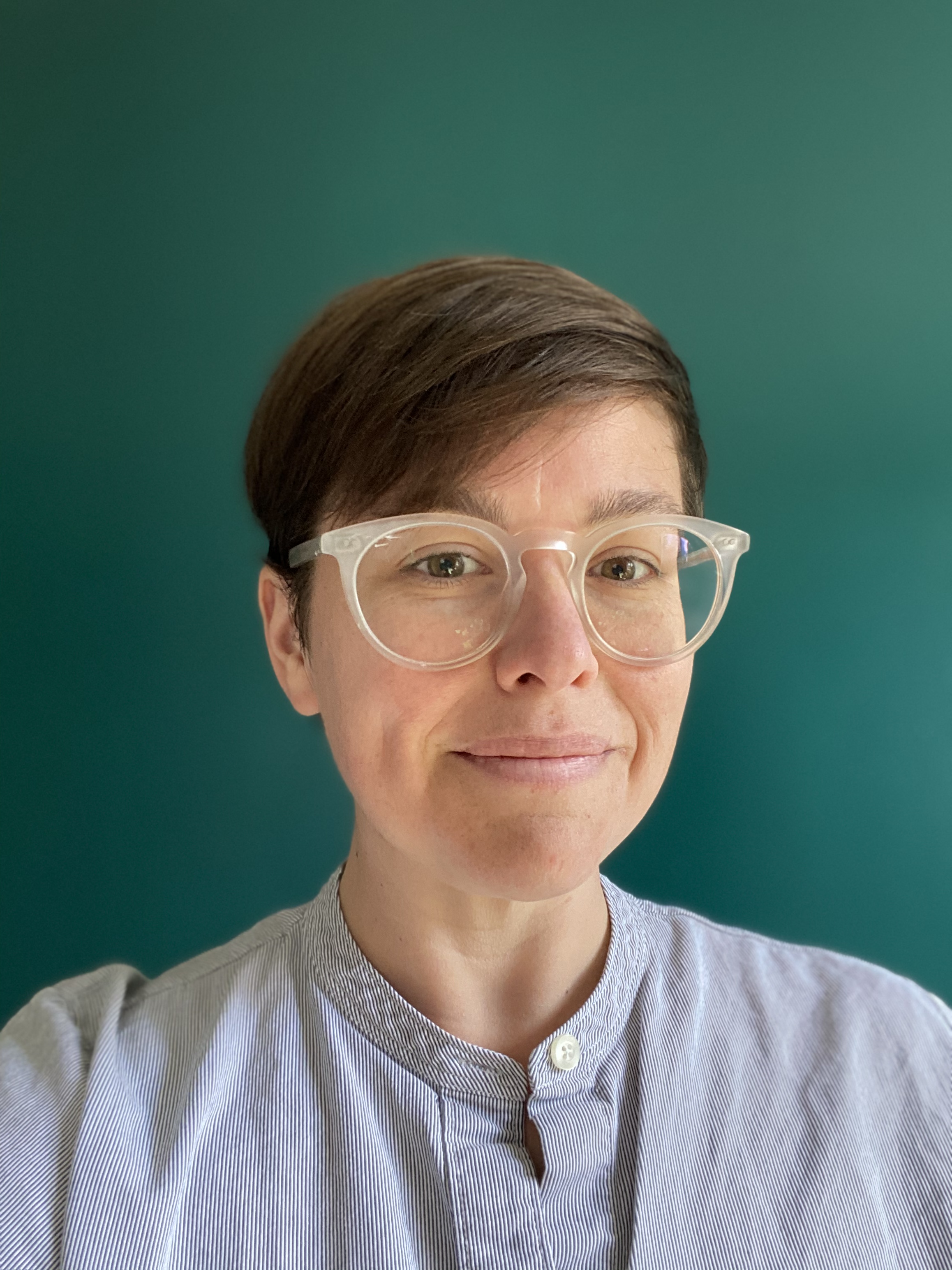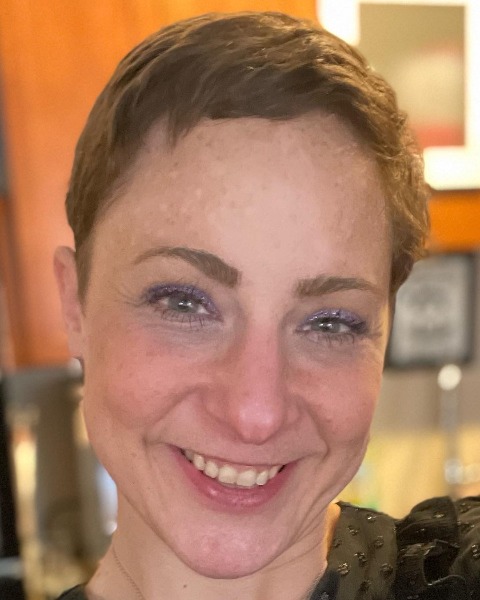Brief Oral Papers
Diversity, Equity, and Inclusion
Diversity, Equity, and Inclusion Needs Assessment for a C-L Psychiatry Service

Isaiah T. Crum, MD (he/him/his)
Resident Psychiatrist
University of Pittsburgh Medical Center
Pittsburgh, Pennsylvania.jpg)
Meredith Spada, MD
Assistant Professor
University of Pittsburgh
Pittsburgh, Pennsylvania
Darcy Moschenross, MD, PhD
Attending
University of Pittsburgh Medical Center
Pittsburgh, Pennsylvania
Morgan Faeder, MD, PhD (he/him/his)
Assistant Professor
University of Pittsburgh School of Medicine
Pittsburgh, Pennsylvania- NS
Neeta Shenai, MD
Visiting Associate Professor of Psychiatry
University of Wisconsin School of Medicine and Public Health
Madison, Wisconsin 
Tiffany Clark, MD
Clinical Psychiatrist
University of Pittsburgh Medical Center
Pittsburgh, Pennsylvania
Erin Sterenson, MD, MS, FACLP (she/her/hers)
Assistant Professor of Psychiatry
University of Pittsburgh
Pittsburgh, Pennsylvania.png)
Priya Gopalan, MD, FACLP (she/her/hers)
Associate Professor of Psychiatry
University of Pittsburgh Medical Center, Western Psychiatric Hospital
Pittsburgh, Pennsylvania
Presenting Author(s)
Co-Author(s)
Background: While a lens focusing on diversity, equity, and inclusivity (DEI) brings immense value to medicine, the importance of DEI efforts has only recently received increasing focus. A strong focus on diversity improves patient outcomes. Recruitment and retention, departmental culture, and utilizing best practices to mitigate implicit bias are key strategies to improve diversity (Rosenkranz et al, 2021). It is with this lens that our CL psychiatry service created a DEI task force in 2021. To best characterize the DEI needs of our service, we developed, disseminated, and analyzed a needs assessment on DEI-related issues relevant to our service.
Methods: We disseminated an anonymous, electronic survey to members of the CL psychiatry service, including physicians, nurse clinicians, and administrators assessing attitudes, comfort, and knowledge on the topic. The survey additionally sought feedback on our DEI mission statement and our implementation of a competency-based behavioral interviewing model for fellowship applicants. We analyzed the preliminary data. The University of Pittsburgh Quality Improvement Review Board approved this project.
Results: Preliminary results with 17 participants demonstrated targetable gaps in comfort and knowledge. Only 23.5% of respondents indicated that they were comfortable or very comfortable with refugee and immigrant health disparities. Other target areas with low overall comfort include inequities related to Latinx/Hispanic communities (29.4%), gender-based inequities (41.2%), and intellectual and developmental differences (41.2%). Regarding knowledge gaps, 82.4% correctly identified that Black/African American and Latinx/Hispanic individuals experience postpartum depression 2-3 times the rate of the general population, 76.5% correctly identified that Black/African American patients are offered medications for opioid use disorder at lower rates than white patients. The survey revealed that while 64.7% our respondents were able to identify characteristics of person-centered language, only 17.6% were able to robustly define the term. Respondents identified gaps in our mission statement for the CL service concerning inclusivity; specifically, while the mission statement had a strong anti-racism stance it lacked language concerning inclusivity around other minoritorized communities including, those identifying as LGBTQ+, those with disabilities, and those from minoritized religious groups. Of the four respondents that did participate in the competency-based behavioral interviewing model, half felt that the process was highly effective in reducing bias in interviewing, while half felt it was neither effective nor ineffective.
Reference: Rosenkranz, K. M., Arora, T. K., Termuhlen, P. M., Stain, S. C., Misra, S., Dent, D., & Nfonsam, V. (2021). Diversity, equity and inclusion in medicine: why it matters and how do we achieve it?. Journal of surgical education, 78(4), 1058-1065.
Conclusion: We will use survey results to guide future interventions on our CL service, including creating a more inclusive mission statement and targeting education to areas of discomfort and knowledge gaps. We believe that the creation of our DEI Task Force will be the beginning of a more inclusive workspace for our nurses, physicians, and patients alike, with the goal of providing culturally competent care to all patients, especially those who have been victimized, marginalized, and oppressed by the healthcare system.

